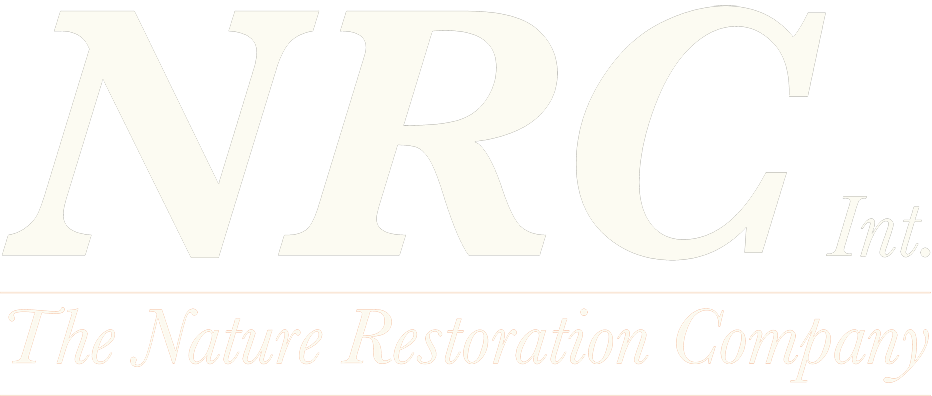NRC Int. believes that the restoration and protection of ecosystems should be an ongoing process without an end date. Likewise, the right of use for communities should not have an end date either. NRC recognises that project contexts are continuously evolving due to various factors such as community development, technological advancements, economic and industrial models, and international relations.
Therefore, NRC Int. believes that nature restoration and protection projects cannot be managed using the traditional project management perspective, which sets a start date and a prepared return on investment at a planned cost and end date. Instead, NRC Int. replaces the term “projects” with “programs” to better align with the idea of permanent development and adaptation. Thus, NRC Int. uses the term “Living Program” to describe its approach.
Managing a Living Program requires continuous cooperation and co-creation between all relevant parties. This collaboration must be based on equality while recognising each other’s responsibilities and capabilities. All parties involved must work together from the start of the program until its end (which may be up to 30 years for carbon offset programs) to keep the program running and ensure that investments achieve their full potential. NRC Int. considers this collaboration a necessary condition for the success of the program.
For large-scale nature restoration and protection projects to succeed, it is important to address the underlying issues contributing to ecosystem degradation, such as poverty, corruption, lack of economic opportunities, and knowledge gaps. Ignoring or mismanaging the local and national context can lead to project failure.
To effectively manage the project context, NRC provides the following solutions:
– Identification of nature-based projects
– Design of projects
– Mobilization of communities
– Strategic investment in communities
– Capacity building for communities
Through these solutions, we assist landowners and project managers in garnering support from local communities and regulatory agencies. This helps ensure the success of the project by addressing the underlying issues and fostering cooperation towards achieving shared goals.

The Nature Restoration Company is always looking for new areas to develop. If you are a representative of a local community, regional authorities and/or landowners with at least 10,000 hectares (25,000 acres) of land, please contact us for an exploratory conversation. NRC-Africa mainly focuses on restoring overgrazed, deforested, and degraded areas in Tanzania, Kenya and Zambia.
